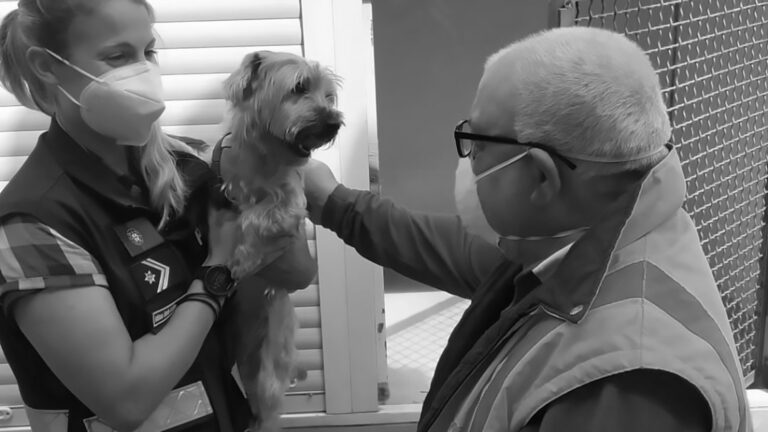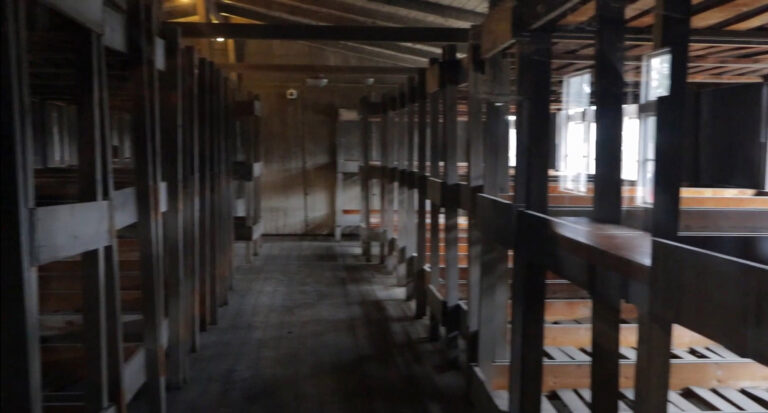Austria has banned non-biodegradable plastic bags from the start of this year.
The ban was approved in January last year and implemented this month as part of a plan to see a massive drop in the amount of plastic waste produced by the land-locked alpine nation of between 5,000 and 7,000 tons annually.
The legislation was passed by Austria’s previous centre-right government and has been left in place by the new coalition formed between the Green party and the conservative People’s Party (OeVP).
A survey among Austrians carried out after the ban was introduced found that 96 percent of the country supports the ban.
Green organisations however say that it does not go far enough, and in particular does not tackle the plastic packaging that they also want to see banned. It also does not apply to rubbish sacks, the small plastic bags given away for dog owners to clear up dog mess to avoid fines, or the plastic bags used for freezing.
Supermarkets and stores have been told they can continue to give away plastic bags to get rid of existing supplies, but no new bags are allowed to be ordered or distributed to customers. In 2021 even these existing supplies will also be banned from distribution in stores.
Instead Austrians are having to do their shopping with multiple use canvas bags, and stores are allowed to use biodegradable plastics or bags typically used for vegetables made of plastic netting, which also need to be biodegradable and where possible made from organic material.
According to the European Commission, more than 80 percent of marine litter is plastics. The products covered by these restrictions constitute 70 percent of all marine litter items.
Due to its slow rate of decomposition, plastic accumulates in seas, oceans and on beaches in the EU and worldwide.
Plastic residue is found in marine species – such as sea turtles, seals, whales and birds, but also in fish and shellfish, and therefore in the human food chain.
Vienna also banned the addition of tiny plastic particles to cosmetic and cleaning products.
To find out more about the author, editor or agency that supplied this story – please click below.
Story By: Michael Leidig, Sub-Editor: Joseph Golder, Agency: Central European News
The Ananova page is created by and dedicated to professional, independent freelance journalists. It is a place for us to showcase our work. When our news is sold to our media partners, we will include the link here.




